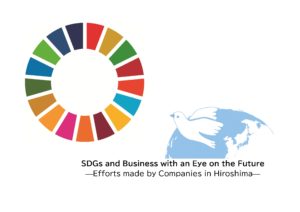About SDGsWhat is SDGs?: Goal 14. Conserve and sustainably use the oceans, seas and marine resources for sustainable development
Sustainable Development Goals (SDGs) were formally adopted on 25 September 2015 by United Nations General Assembly.
What is each goal of SDGs and our initiatives to achieve the goal?

Goal 14. Conserve and sustainably use the oceans, seas and marine resources for sustainable development
| 14.1 |
By 2025, prevent and significantly reduce marine pollution of all kinds, in particular from land-based activities, including marine debris and nutrient pollution |
| 14.2 |
By 2020, sustainably manage and protect marine and coastal ecosystems to avoid significant adverse impacts, including by strengthening their resilience, and take action for their restoration in order to achieve healthy and productive oceans |
| 14.3 |
Minimize and address the impacts of ocean acidification, including through enhanced scientific cooperation at all levels |
| 14.4 |
By 2020, effectively regulate harvesting and end overfishing, illegal, unreported and unregulated fishing and destructive fishing practices and implement science-based management plans, in order to restore fish stocks in the shortest time feasible, at least to levels that can produce maximum sustainable yield as determined by their biological characteristics |
| 14.5 |
By 2020, conserve at least 10 per cent of coastal and marine areas, consistent with national and international law and based on the best available scientific information |
| 14.6 |
By 2020, prohibit certain forms of fisheries subsidies which contribute to overcapacity and overfishing, eliminate subsidies that contribute to illegal, unreported and unregulated fishing and refrain from introducing new such subsidies, recognizing that appropriate and effective special and differential treatment for developing and least developed countries should be an integral part of the World Trade Organization fisheries subsidies negotiation* |
| 14.7 |
By 2030, increase the economic benefits to small island developing States and least developed countries from the sustainable use of marine resources, including through sustainable management of fisheries, aquaculture and tourism |
| 14.a |
Increase scientific knowledge, develop research capacity and transfer marine technology, taking into account the Intergovernmental Oceanographic Commission Criteria and Guidelines on the Transfer of Marine Technology, in order to improve ocean health and to enhance the contribution of marine biodiversity to the development of developing countries, in particular small island developing States and least developed countries |
| 14.b |
Provide access for small-scale artisanal fishers to marine resources and markets |
| 14.c |
Enhance the conservation and sustainable use of oceans and their resources by implementing international law as reflected in the United Nations Convention on the Law of the Sea, which provides the legal framework for the conservation and sustainable use of oceans and their resources, as recalled in paragraph 158 of “The future we want” |
*Taking into account ongoing World Trade Organization negotiations, the Doha Development Agenda and the Hong Kong ministerial mandate.
Reference: https://www.un.org/ga/search/view_doc.asp?symbol=A/RES/70/1&Lang=E
Hiroshima's initiative for SDGs
SDGs and Business with an Eye on the Future
Hiroshima Prefecture created a booklet compiled and introduced as a collection of leading examples of SDGs business by local companies in Hiroshima. Hiroshima Prefecture aims to promote the SDGs business through these kind of initiatives.
SDGs and Business with an Eye on the FutureCompany's initiative
Sasaki Shipbuilding Co., Ltd.
Seizing business opportunities by building ships in compliance with increasingly strict regulations
Sasaki Shipbuilding Co., Ltd.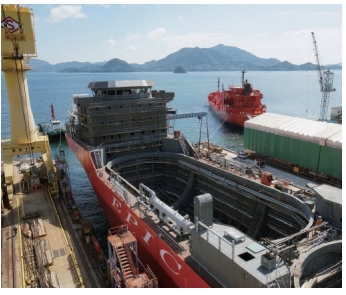
Hiroshima Environment and Health Association
Creating Satoumi with Citizens
Hiroshima Environment and Health Association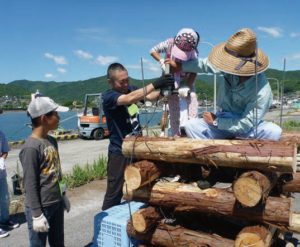
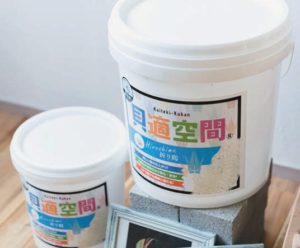
フードドライブ修正分-578x1024.jpg)
RCC BROADCASTING CO.,LTD.
Doing what we can to make Hiroshima a more attractive city 10 years from now
RCC BROADCASTING CO.,LTD.メディアコンパクト.png)
Chugoku Mokuzai Co., Ltd.
Cascading use of wood—planting, growing, and efficient application
Chugoku Mokuzai Co., Ltd.-1024x683.jpg)
①思いやり堂本便の食事シーン-1024x684.jpg)
Hiroshima Home Television Co., Ltd.
Promoting environmental conservation through the “Earth Movement Declaration” initiative Using Earth education to develop human resources for the next generation
Hiroshima Home Television Co., Ltd.
Landes Co., Ltd.
Using our original pre-cast concrete products to coexist with nature and build strong infrastructure
Landes Co., Ltd.★ハレーサルト-1024x762.png)
What is SDGs?
The Sustainable Development Goals (SDGs) are a universal goals that every countries take action to end poverty, protect the planet and improve the lives and prospects of everyone, everywhere. SDGs are composed of 17 Goals and 169 Targets and the pledge to leave no one behind.
Sustainable Development Goals (SDGs)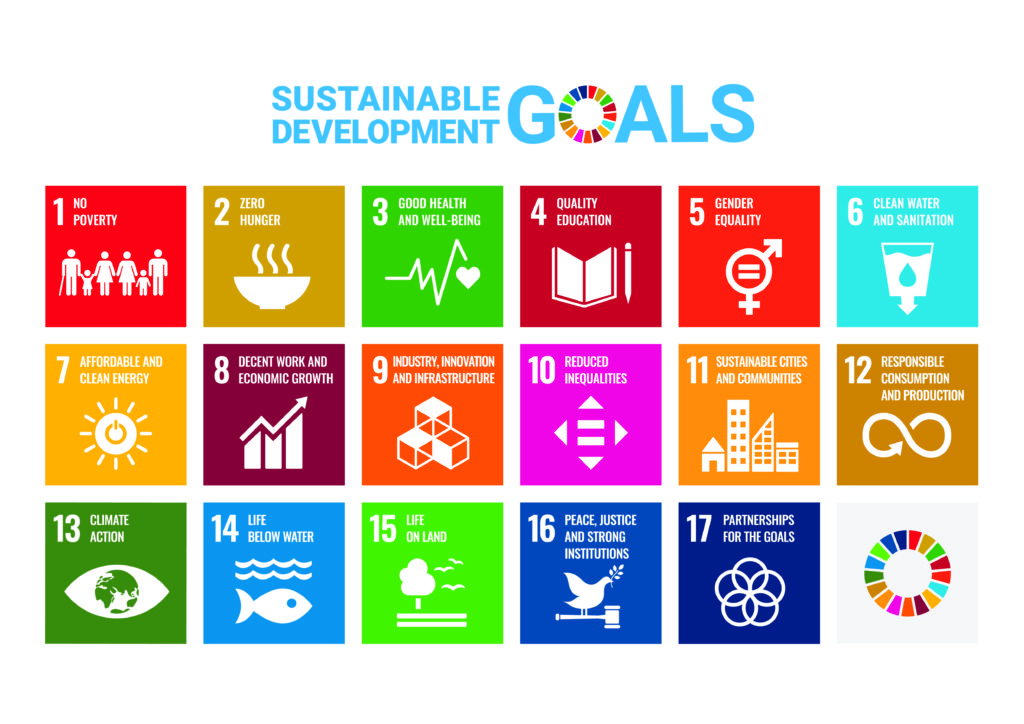
Tags associated with this article



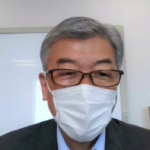
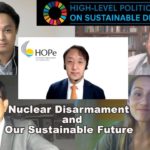
③食卓囲む-150x150.jpg)


